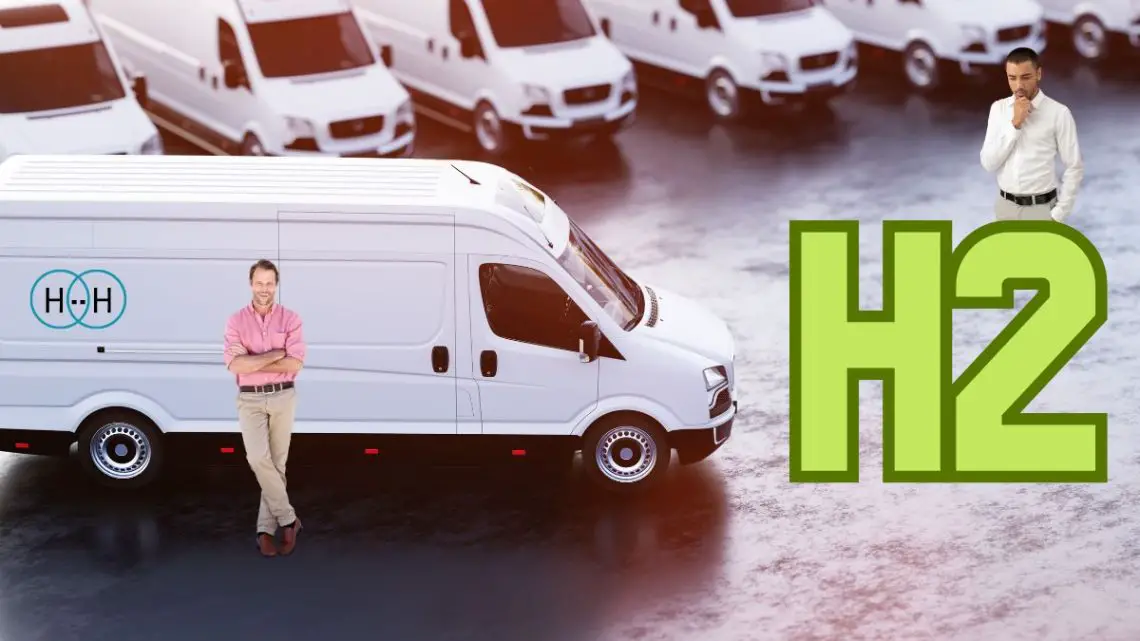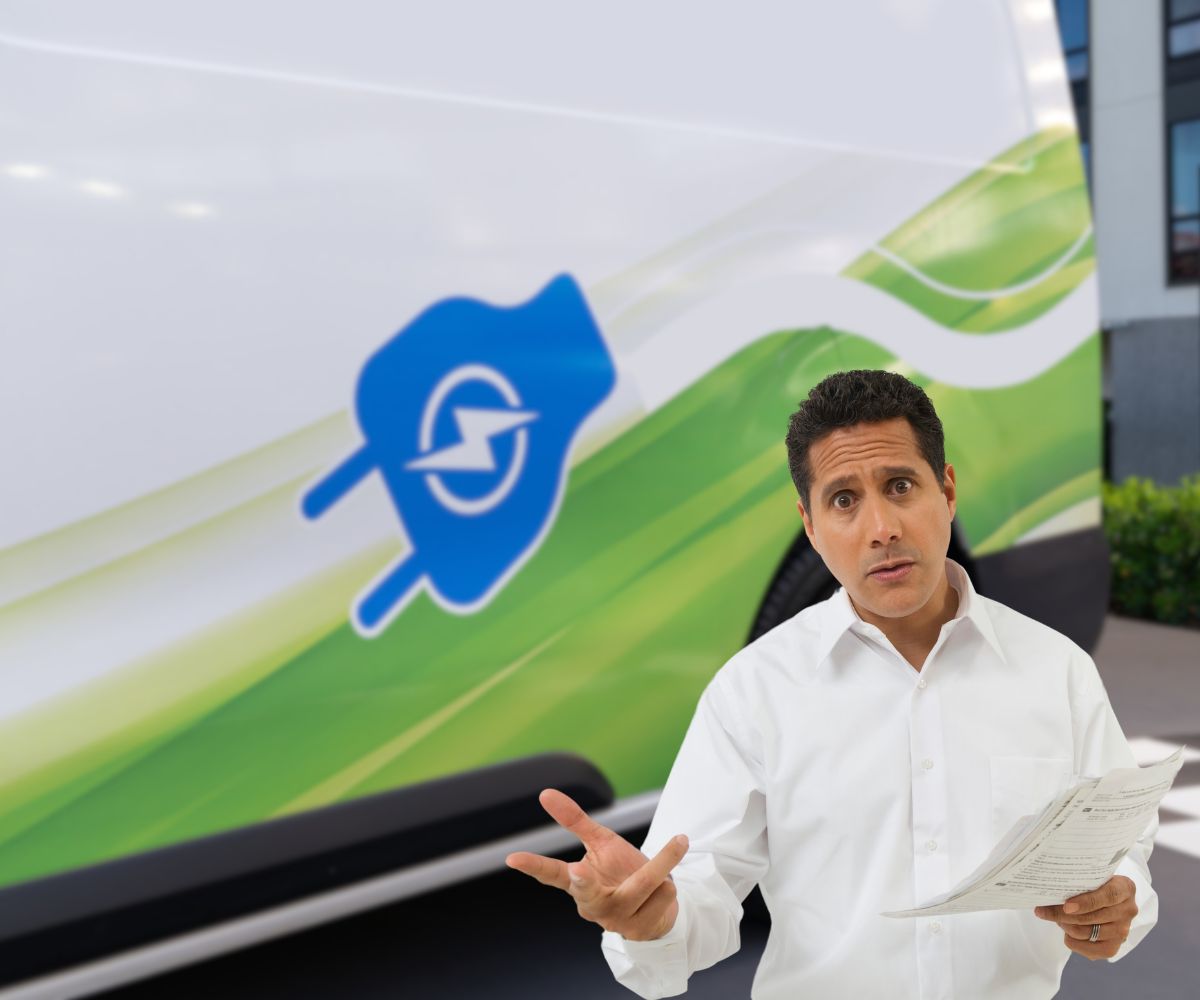
“Take hydrogen seriously,” says Association of Fleet Professionals about hydrogen fuel
February 3, 2024The AFP has taken this perspective in the wake of a number of issues with electric vans.
A number of commercial fleets are beginning to “take hydrogen seriously” according to the Association of Fleet Professionals (AFP), which explained the trend as a response to issues being experienced in operating electric vans.
Among the issues include a limited range and restricted payload size in the vans currently available.
Moreover, other problems associated with using electric van fleets involve struggles with towing, said the AFP.
The challenges increasingly related with the use of electric van fleets has led to an increasing trend in hydrogen fuel inquiries. Furthering this trend was the upcoming arrival of the Vauxhall Vivaro-e H2 van in the United Kingdom at the end of January. The vehicle boasts a range of 249 miles, a three-minute refueling time. Its price tag at launch was slightly over £32,000.
More About How the Vivaro-e Hydrogen Van Works…
West Utilities in Wales recently announced its intention to trial a fuel cell van from First Hydrogen in January as well.
Hydrogen fuel has always been though of as something in the future, but this is changing.
“Ever since I’ve been involved in the fleet industry, hydrogen has been the ‘five years from now’ solution for zero emissions,” said AFT chair Paul Hollick. “Historically, it has never been quite ready for adoption and the promise it represents of almost compromise-free travel never quite materialises.
“Now, however, we are seeing a handful of fleet managers – all van operators – start to take hydrogen seriously,” added Hollick. “That doesn’t mean that the many complications surrounding hydrogen have gone away. For example, clean production of the fuel – known as green hydrogen – remains expensive, while there are probably fewer than 15 public stations across the UK.”
Overcoming the challenge
“These facts in themselves present fleets with some very real, day-to-day problems to solve,” explained Hollick.
Moving in the direction of hydrogen fuel was, according to Hollick, largely triggered by those problems associated with operating a fleet of electric vans.
“Some fleets in some applications are finding that the range and payload of the electric vans available so far remain unsuitable for their needs,” he said.



 With over 15 years of reporting hydrogen news, we are your premier source for the latest updates and insights in hydrogen and renewable energy.
With over 15 years of reporting hydrogen news, we are your premier source for the latest updates and insights in hydrogen and renewable energy.
Hydrogen powered vehicles are not new but their roll-out has been held up by the lack of filling stations and the high price of fuel cell grade hydrogen produced by expensive grid electricity. One of the important issues that this article did not mention is that as a hydrogen powered vehicle has a battery between the fuel cell and the electric traction, it will be recharged by regenerative braking when the vehicle slows down or brakes, saving energy.
There are two new features of this Opel Vivaro compared with other FCEV vehicles, which is that you can recharge the battery from an EV charging point, and there is an optional large capacity battery making the vehicle a hybrid FCEV – EV.